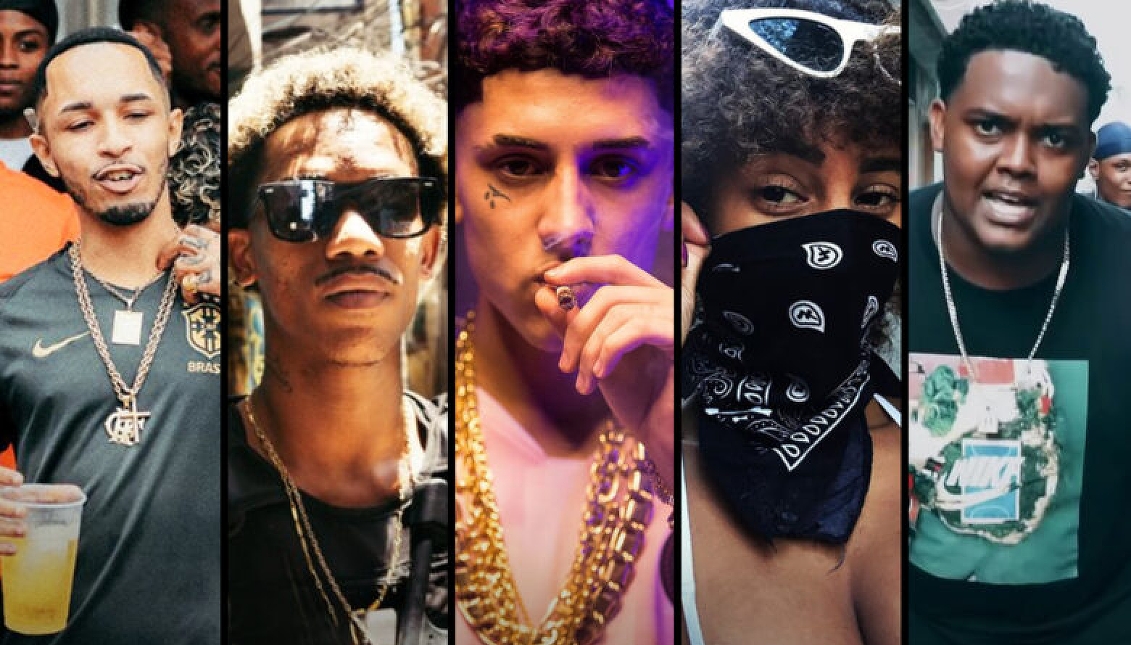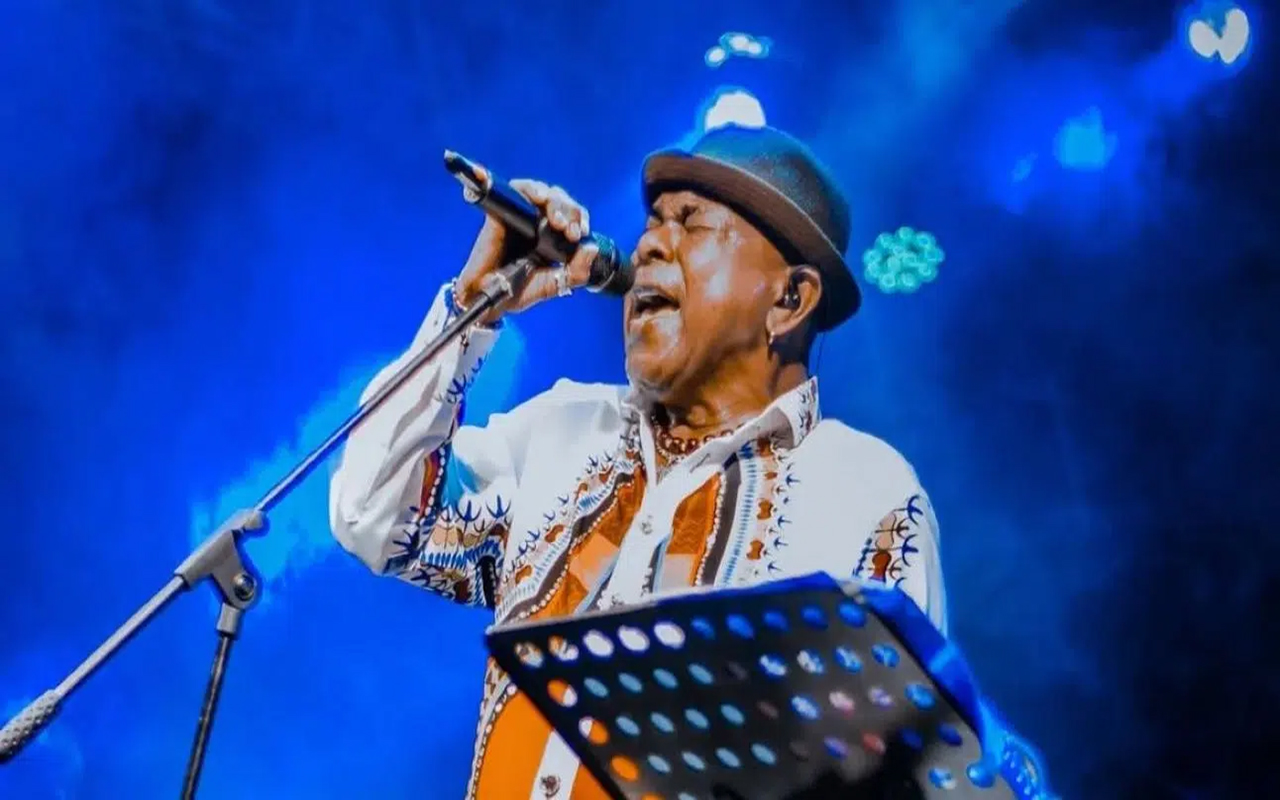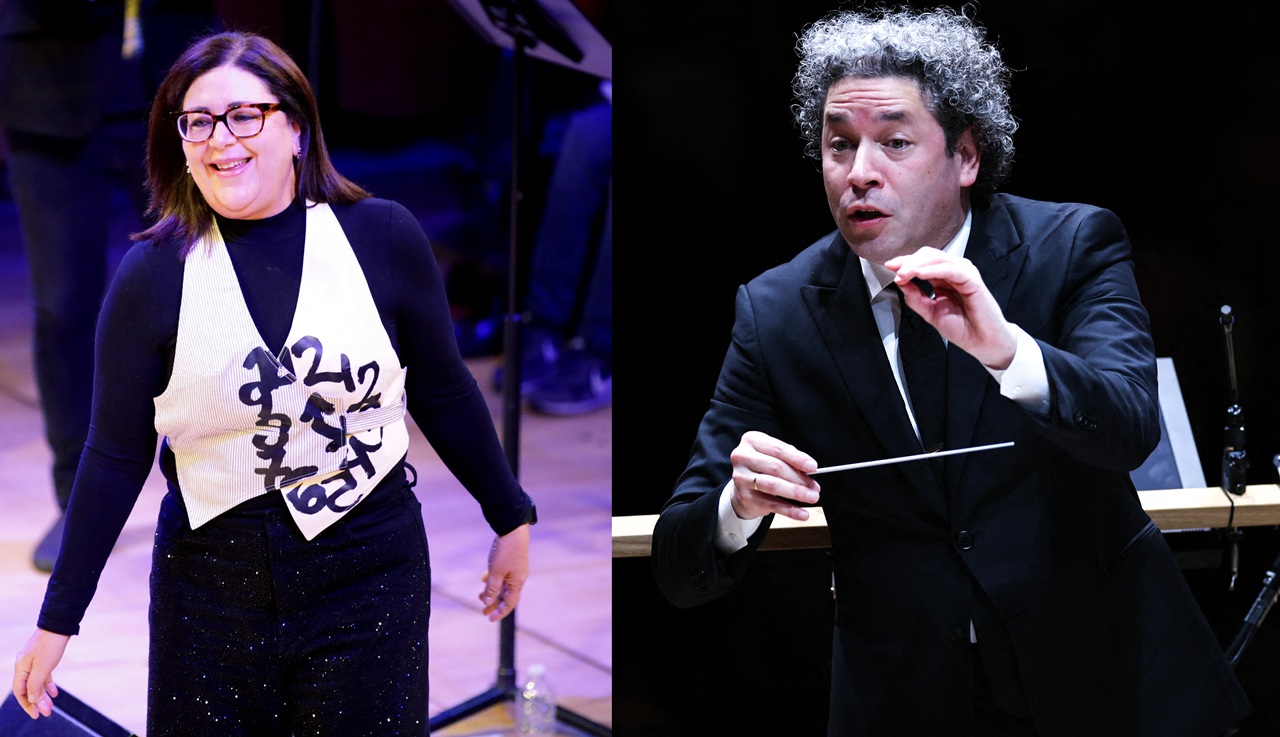
The persecution of "trap de cria"
This new genre, which emerged from the favelas of Rio de Janeiro, is halfway between trap and drill.
Can the favelas of Rio de Janeiro have their own revitalizing hip hop scene without being condemned for it?
It seems not. The evil return that artists of color saw with the rise first of jazz and then of samba is fulfilled. The former persecution of venues now becomes strategies to prevent video clips with weapons and institutional messages about the supposed moral purposes of art.
Anyone listening to trap de cria compilations will appreciate that it is halfway between the Atlanta and Spanish trap scene, with many innovations coming from the sub-genre drill world and codes inherited from the reggaeton scene.
The slow bases of the original trap are swept away by the double tempo and electronic jolts. The triumph of the trap profile could not be explained either without the success of Spanish bands like Pxxr Gxng, La Mafia del Amor or the label La Vendición.
Finally, the aesthetics would also not make much sense without the previous mirror of global reggaeton videos, already glorifying the triumph in the capitalist system.
What is it that bothers them so much about trap de cria? Is it the guns when they are mostly props? Does it bother them that capitalist triumph is glorified in a society that constantly does so with other more respected professions? Or is it that they can't understand that they talk about drugs in neighborhoods that sell them? It almost seems, after reviewing the answers, that what bothers most is that the inhabitants of the favelas have a voice.
Here there is no nostalgia for the old hip hop centered on neighborhood culture, which by the way also bothered them back then, what there is is fear of discourses of artistic empowerment.
RELATED CONTENT
Associated Press covered the criminalization of this new trap of the gang members of Rio's favelas. "Our weapon is our voice, our ammunition is our lyrics," said singer Lidinho 22 with a plastic shot gun in his hand.
Another interviewee, Borges, who faces charges of incitement to crime and association to drug trafficking, responded: "We have to portray what we live. We can't sing about a woman walking down the sidewalk in Copacabana or skateboarding if we don't live that. I leave my house and I see crazy things all the time, you know what I mean? That's how it is in the favela."
The reporters attested in their story that both the guns and the bills used in the shootings they witnessed were fake.
"Nobody wants to hear that children are dying, that young people are dying, that they didn't give us opportunities," added rapper Thai Flow.
It's not that they don't want to hear it, it's that they're afraid to and that's why it's criminalized.
{"preview_thumbnail":"/sites/default/files/styles/video_embed_wysiwyg_preview/public/video_thumbnails/WsLkdfegml0.jpg?itok=kICb3rqY","video_url":"https://youtu.be/WsLkdfegml0","settings":{"responsive":1,"width":"854","height":"480","autoplay":1},"settings_summary":["Embedded Video (Responsive, autoplaying)."]}











LEAVE A COMMENT: